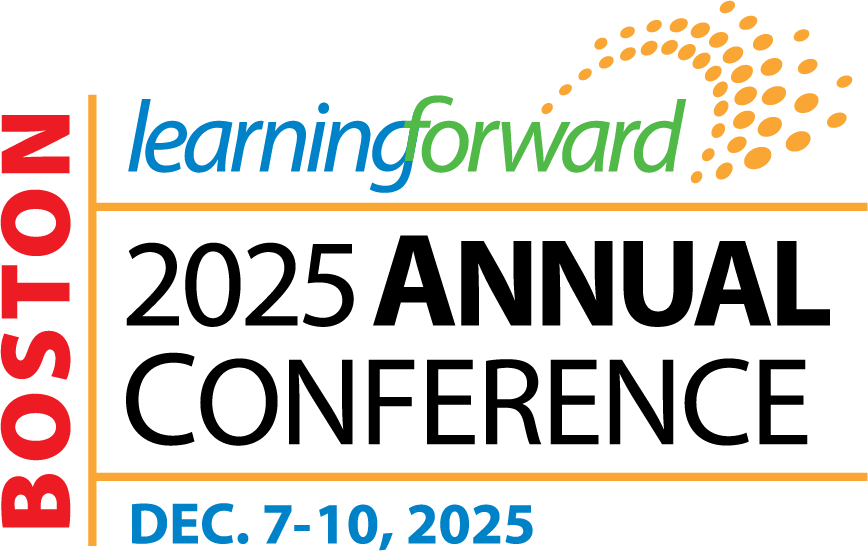View Roundtable Sessions
The conference program offers opportunities to make connections, share and learn about tools, and strategies to understand and implement effective professional learning in classrooms, schools, and districts.
The searchable conference program includes the complete agenda of all session types. To browse the program by day, time (set), areas of focus, topic, audience, and presenter click here.
All sessions are ticketed. Registered attendees click here to select sessions and add them to your conference agenda. All times are ET.
Click here to view the list of full and cancelled sessions.

